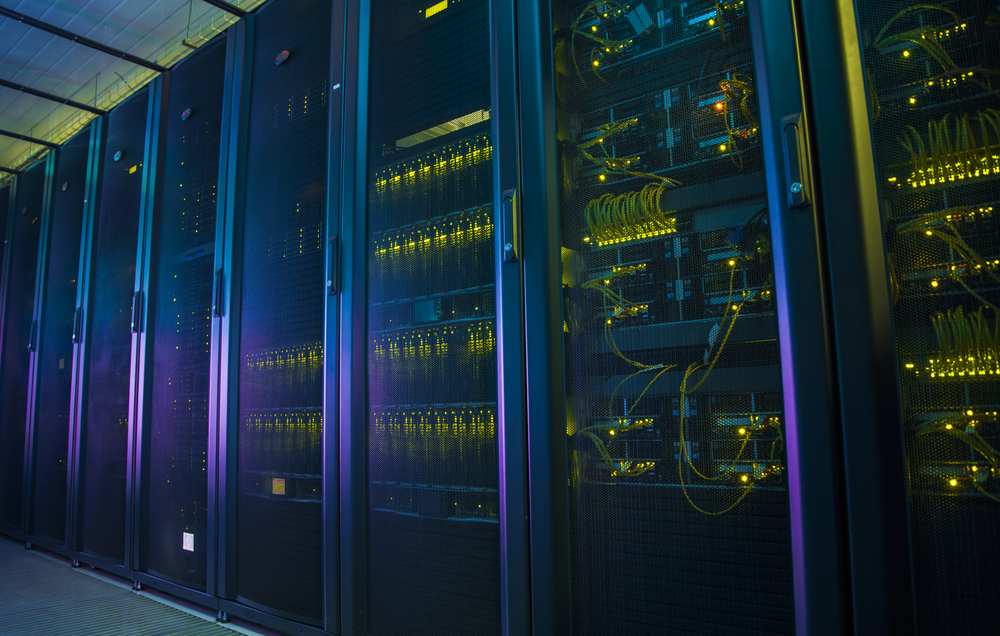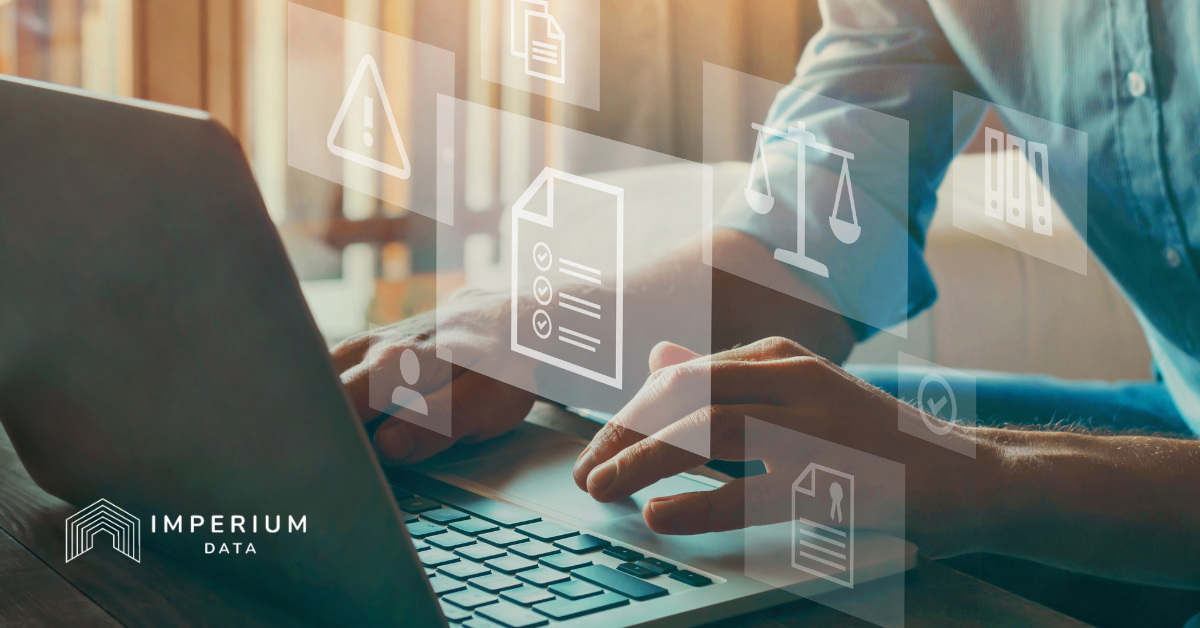Data centers are the answers to our demands for instantaneous digital information in the modern world. A data center is a centralized facility that consists of the computers and IT equipment needed to process, store, and distribute large amounts of data and applications for a company.
Whether big or small, most businesses store their data on servers. As a business grows and more data is generated, their need for storing that data progresses along with it. Data Center infrastructures offer space, security, and cooling for an organization’s IT operations, leaving more time and energy to focus on other essential functions of your business.
Types of Data Centers
Different types of data centers are available depending on a variety of factors such as who they are owned and operated by, where they are located, and how they store and process data. Below are three of the main types of national data centers and what they can offer your company.
Onsite Data Centers
Also known as enterprise data centers, onsite data centers are owned and operated by individual companies and housed on company property. While this type of data center can be scaled as the company needs and is easily accessible, it can be rather complicated to maintain. The amount of energy needed for a reliable cooling system can be abundant and costly, as well as ensuring your servers are constantly managed to avoid any data being compromised.
Colocation Data Centers
A colocation data center consists of a data center owner selling space within their facility to multiple companies to store their data. The hardware is often owned by the companies themselves, such as the servers, with the colocation providing the infrastructure to house those servers. This type of data center offers around-the-clock maintenance and monitoring, cooling, security, and reliability that makes it a popular choice among companies who don’t wish to deal with the hassle of maintaining their own data center.
Cloud Data Centers
With a cloud data center, data and applications are stored on cloud servers and accessed remotely by the client while the cloud provider manages the company’s hardware. Public cloud providers such as Amazon Web Services (AWS) and Microsoft (Azure) rent a portion of their cloud infrastructure to companies for a monthly fee, offering scalability and cloud networking capabilities along with maintaining the company’s servers. This option moves the data center infrastructure from the traditional on-site physical server to a virtualized server, supporting a company’s IT operations across multi-cloud environments.
What Services Do Data Centers Offer?
Data centers are critical to nearly every organization that utilizes technology- whether it be to store emails, handle transactions, or run applications, a data center is the backbone of any company. Along with housing and temperature control, data centers offer a range of essential services including:
- Managed communications and applications
- Data backup and recovery
- Guaranteed internet connection
- Hardware maintenance and management
- Handling of e-commerce transactions
- Artificial intelligence and machine learning
How to Choose a Data Center
Your company’s data is one of its most valuable assets, so maintaining and protecting that data should be top priority for any business. Different organizations have different needs- understanding what those needs are is important and selecting the data center that best suits those needs is critical for your data’s security.
So, what should you consider when choosing a data center? Here are some factors you should take into account when choosing a data center for your business.
Location
The first and most important factor to consider when selecting a data center is location. While a data center facility within close proximity to your company’s physical location may be costlier, it allows for easy access to service your equipment if it ever goes down and more stable Internet speed.
You should also take into consideration are how prone the area is to natural disasters- hurricanes, earthquakes, and tornadoes can cause serious damage to a data center’s infrastructure. Ensuring your data center is on a separate power grid reduces the risk of any data being affected if a disaster were to happen near your company’s location.
Security
Data centers are the core of any business, so another key deciding factor should be how they protect your data and equipment. Along with security software and technology, data centers should also offer physical security features that protect your hardware such as surveillance systems, security checkpoints, and biometric scanners. Another security measure to take into account is the procedure used for getting vendors on-site to repair equipment.
Reliability
A data center’s reliability is measured in terms of uptime, meaning how often a system is up and running every minute throughout any given year. A reliable provider should have an uptime percentage of over 99% to maintain effective business operations. Service level agreements (SLAs) between data centers and businesses outline the guaranteed uptime you can expect from the provider along with other features such as power service and temperature control.
Scalability
As your business expands, your IT infrastructure needs to be able to grow along with it. A data center should be capable of meeting the needs of your company both now and in the future. Data centers also vary based on the level of flexibility they are able to offer, such as customized solutions and options for expansion. Choosing a provider that can scale with your business over time while offering flexibility is crucial to the growth and success of any company.
Backup
Downtime does, unfortunately, happen- when it does, it’s important to know your data center provider has effective backup plans to keep your data and hardware safe. Energy backup options such as a centralized uninterruptible power system (UPS) will come on in the event of a power outage and maintain uptime while minimizing any losses. Along with backup generators, fire sprinkler systems should be installed in the facility’s infrastructure to prevent damage in the event of a fire.
Choosing the right data center to fit your company’s specific needs and goals is an important step to take in your business’s future. By finding the right provider, you can eliminate risks such as security breaches, unstable Internet speeds, and downtime that can hinder the success of a company.



